Born May 11th 1938, Clive Wearing showed promising musical skills from an early age. In adulthood, he would go on to sing at Westminster Cathedral and work at Covent Garden.
Clive also worked as a conductor around illustrious venues across London, earning him acclaim from his community. Not content with just singing and conducting an orchestra, Clive was also a keyboard player.
In the 1960s and 70s, Clive married and had children while conducting orchestras performing music from the 17th to 20th centuries. Eventually, this marriage broke down, and Clive used his musical talents as an outlet.
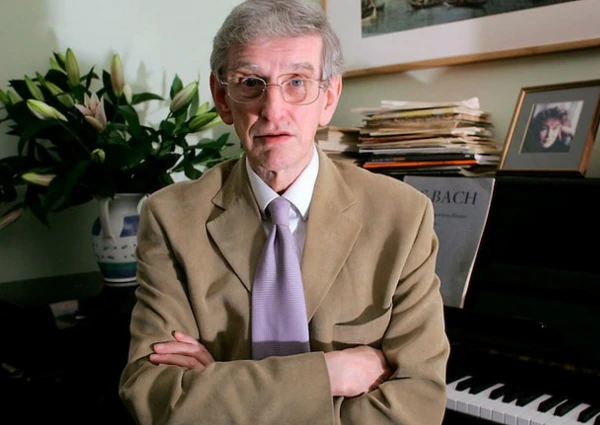

By the 1980s, Clive had landed a job with BBC Radio 3, a station devoted solely to classical, jazz, world music and the arts.
He was in charge of sourcing and overseeing all of the musical content broadcast over the airwaves into the radios of thousands across the country.
In the early 1980s, Clive’s life changed forever when he met Debra. He fell head over heels for her during their first date, and the pair married after a short period of dating.
Clive was at the height of his career and was enjoying the honeymoon period, but a dark disease was lurking around the corner to take that all away from him.
Darkness Looms
March 29th 1985, is a day that Debra Wearing will never forget. Clive awoke that morning with a roaring headache. He took two painkillers with a glass of water, but still, the headache persisted.
An hour later, Clive’s condition nosedived. He collapsed to the floor and began having seizures. Debra called for an ambulance, and minutes later, Clive was rushed to St Mary’s Hospital in Paddington, London.
When Clive arrived, the staff were unsure of what they were dealing with. 46-year-old Clive was fit and healthy and had shown no worrying symptoms prior to his collapse. Medical staff at Mary’s put him through a plethora of tests and scans to discover what was wrong.
Terrifyingly, Clive’s brain was swollen and showed abnormalities in his temporal lobe. The temporal lobe is responsible for processing information and other sensory input. It is also vital in the formation and recall of events.
If the temporal lobe is damaged in any sector, it can cause serious long-term issues. Doctors performed a spinal tap on Clive and collected spinal fluid to confirm their theories surrounding his condition.
Debra was taken aside and informed that Clive had contracted herpesviral encephalitis. Encephalitis refers to swelling in the brain and in his case, the swelling had attacked the hippocampus, part of the temporal lobe which is responsible for forming new memories.
They also revealed that Clive’s condition had been brought on by the herpes simplex 1 virus, which is most commonly known as cold sores.
Cold sores are often harmless, if not mildly annoying, but in the case of Clive Wearing, the virus had ‘”awoken” near his spinal column, forcing the herpes simplex 1 virus towards his brain.
This is what caused his brain to inflame and was the reason he was flitting in and out of consciousness and was suffering from endless seizures.
Within hours, doctors were able to get his physical condition under control, but the damage to his brain was another question.
Untold Damage
When Clive eventually awoke from his unconscious state, it was clear to Debra that something was very wrong. He was confused, and his mood and behaviour would swing.
Doctors knew the virus had caused damage to his brain, but it wasn’t until he was subjected to another round of MRIs and CTs that the full scope of his condition was realised.
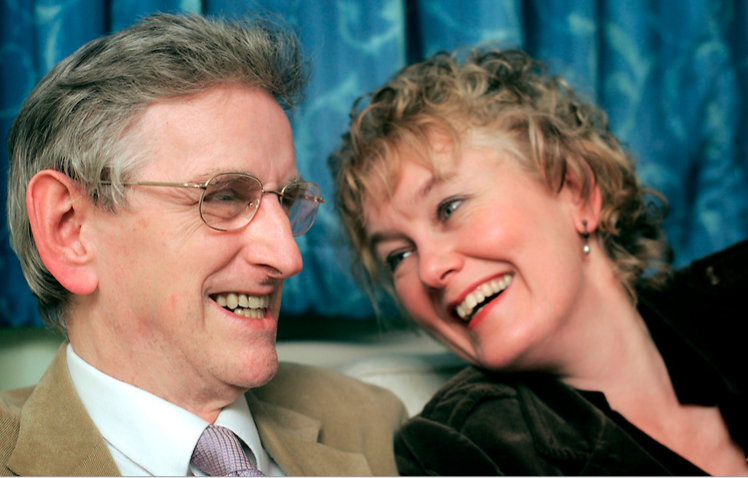
Following these tests, Clive was further diagnosed with not one but two types of amnesia caused by the damage to his hippocampus.
The first type was retrograde amnesia, meaning that Clive had no memory of his life before March 29th 1985. He had no memories of conducting orchestras in front of an audience of thousands or his marriage just 6 months earlier to Debra.
The second type was anterograde amnesia, which meant Clive could not create any new memories. His memory was between just 7 and 30 seconds long.
Within a moment’s notice, Clive’s brain would reboot, and he would live for the next 30 seconds without any knowledge of what he had just done. Every half a minute was like a new day for Clive.
Debra had already grappled with the notion that Clive only had a 20% chance of surviving the encephalitis, but now that Clive was stable, she had two new conditions to understand.
Due to his condition, Clive was moved onto a ward for long-term patients and given rounds of sedatives and other medications to try and improve his condition, but these did little.
Debra told the Guardian newspaper how his mood would change rapidly. He once jumped out of the car on a dual carriageway. At one point, his condition became so bad that he was moved to a psychiatric ward, where he remained for most of his stay.
Clive’s diaries from the time provide a chilling glimpse into the mind of a man who was trapped in his own version of reality:
“7:46 AM I am awake for the first time.”
“7:47 AM This illness has been like death till NOW. All senses work.”
“8:07 AM I AM awake.”
“8:31 AM Now I am really, completely awake.”
“9:06 AM Now I am perfectly, overwhelmingly awake.”
“9:43 AM Now I am superlatively, actually awake.”
Life After Death
Seven years after being admitted to the hospital, Clive was moved into a care home where he could receive the level of support he needed.
Debra would visit as often as possible and received frequent phone calls from her husband, asking where she was and telling her he loved her. These phone calls would come minutes apart with the same contents.
In response to Clive’s illness, Debra teamed up with the Amnesia Association to give the NHS recommendations on how to help and rehabilitate those with brain injuries.
She told the Guardian that in 1985, the services were ”dire” and there was little help available for Clive. He had been placed in a psychiatric ward as nobody knew what to do with him.
Through extensive therapy and repetition, Clive was able to remember that he was married to Debra. He also remembered that he had children from a previous marriage, but was never able to retain their names.
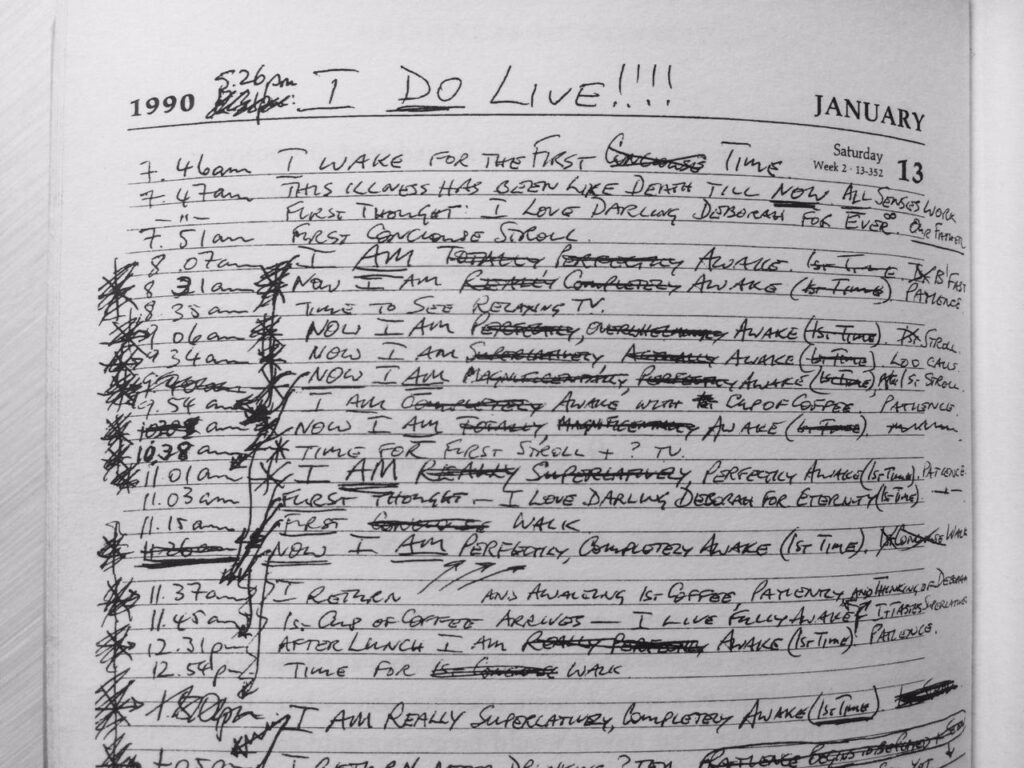
As the years have gone by, his personality has somewhat returned, but he has no recollection of his impressive achievements in the world of music.
Debra closed out her interview with the Guardian by saying:
“I realised that we are not just brains and processes. Clive had lost all that and yet he was still Clive. Even when we didn’t see one another, when we were six months apart and only spoke on the telephone, nothing had changed.
Even when he was at his worst, most acute state, he still had that huge overwhelming love… for me. That was what survived when everything else was taken away.”
Sources
https://www.newyorker.com/magazine/2007/09/24/the-abyss
https://study.com/academy/lesson/psychology-case-study-memory-clive-wearing.html
https://www.theguardian.com/books/2005/jan/23/biography.features3
https://www.unilad.com/community/life/uk-clive-wearing-seven-second-memory-966371-20231016
https://my.clevelandclinic.org/health/body/16799-temporal-lobe

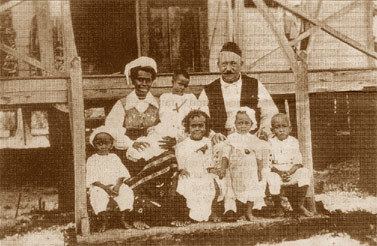
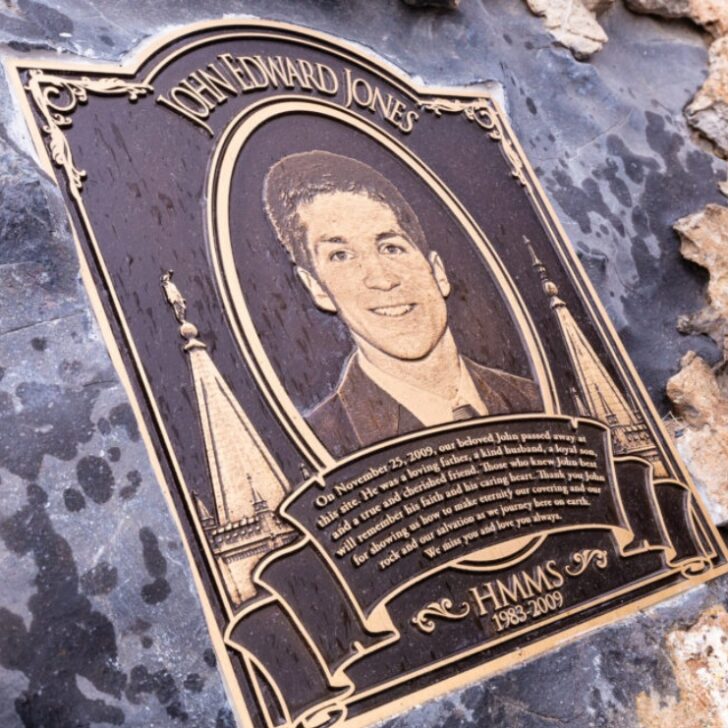
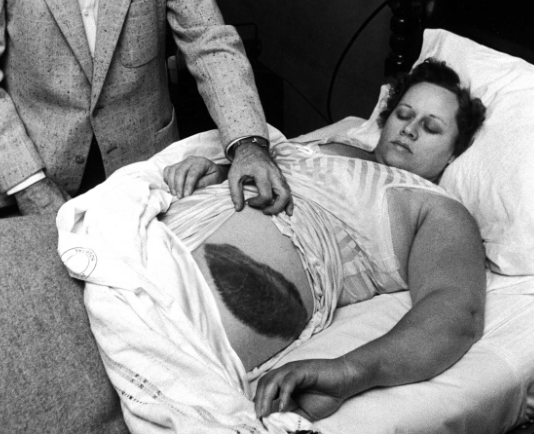

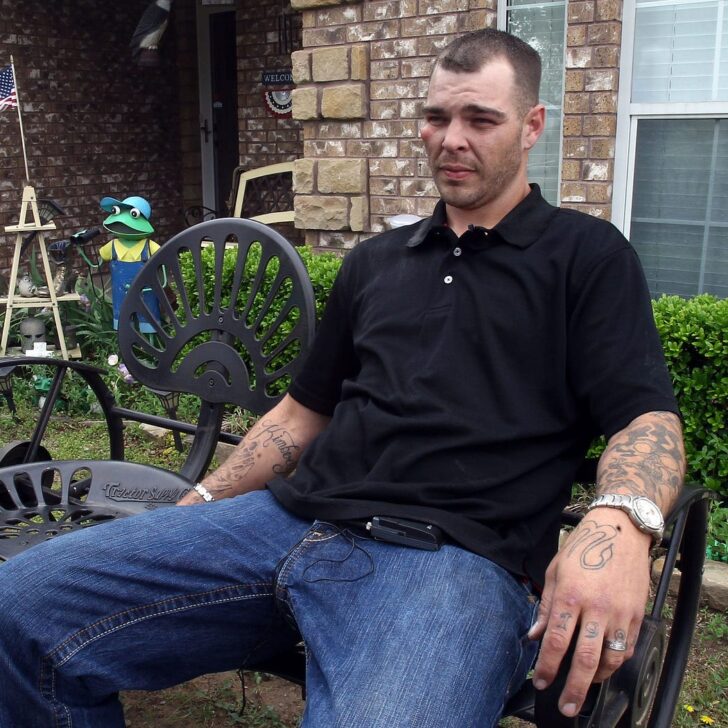


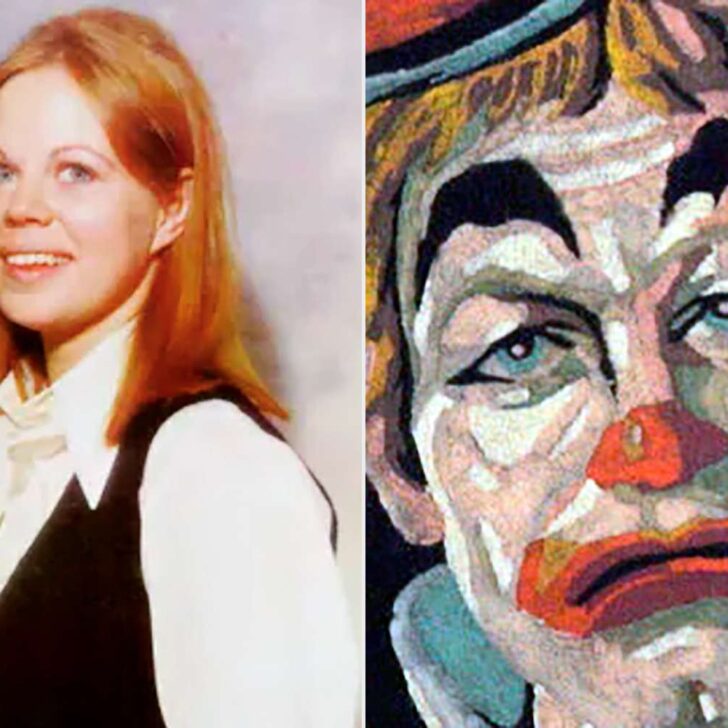
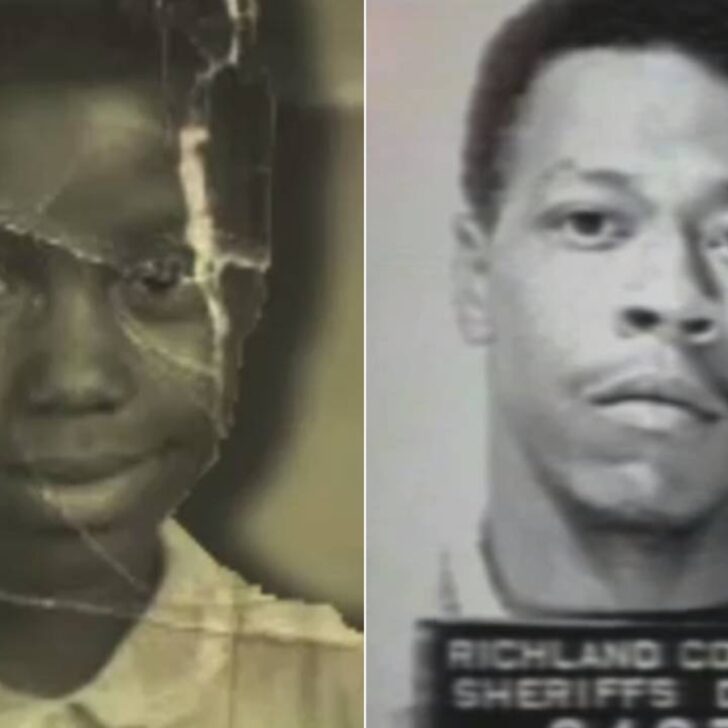
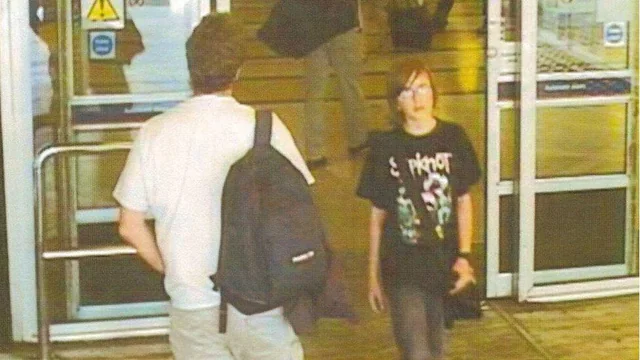
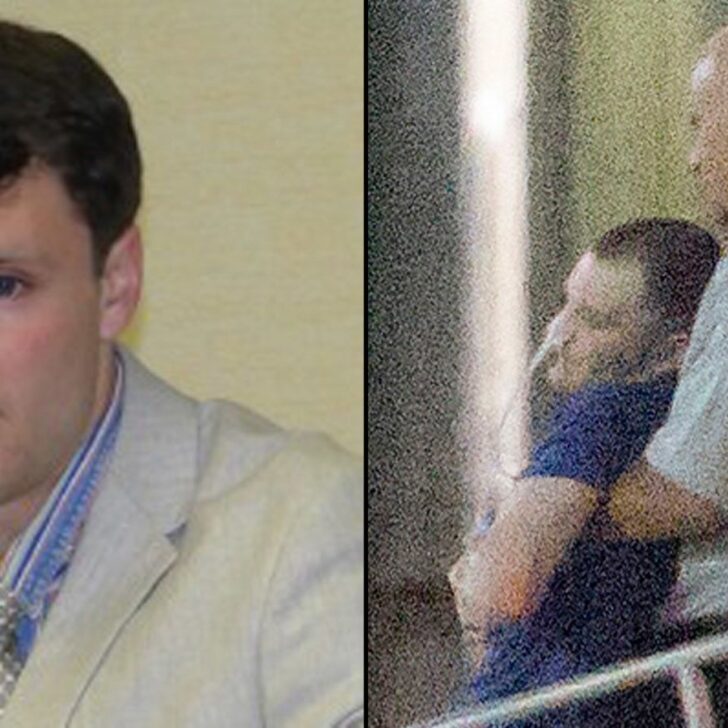

Leave a comment